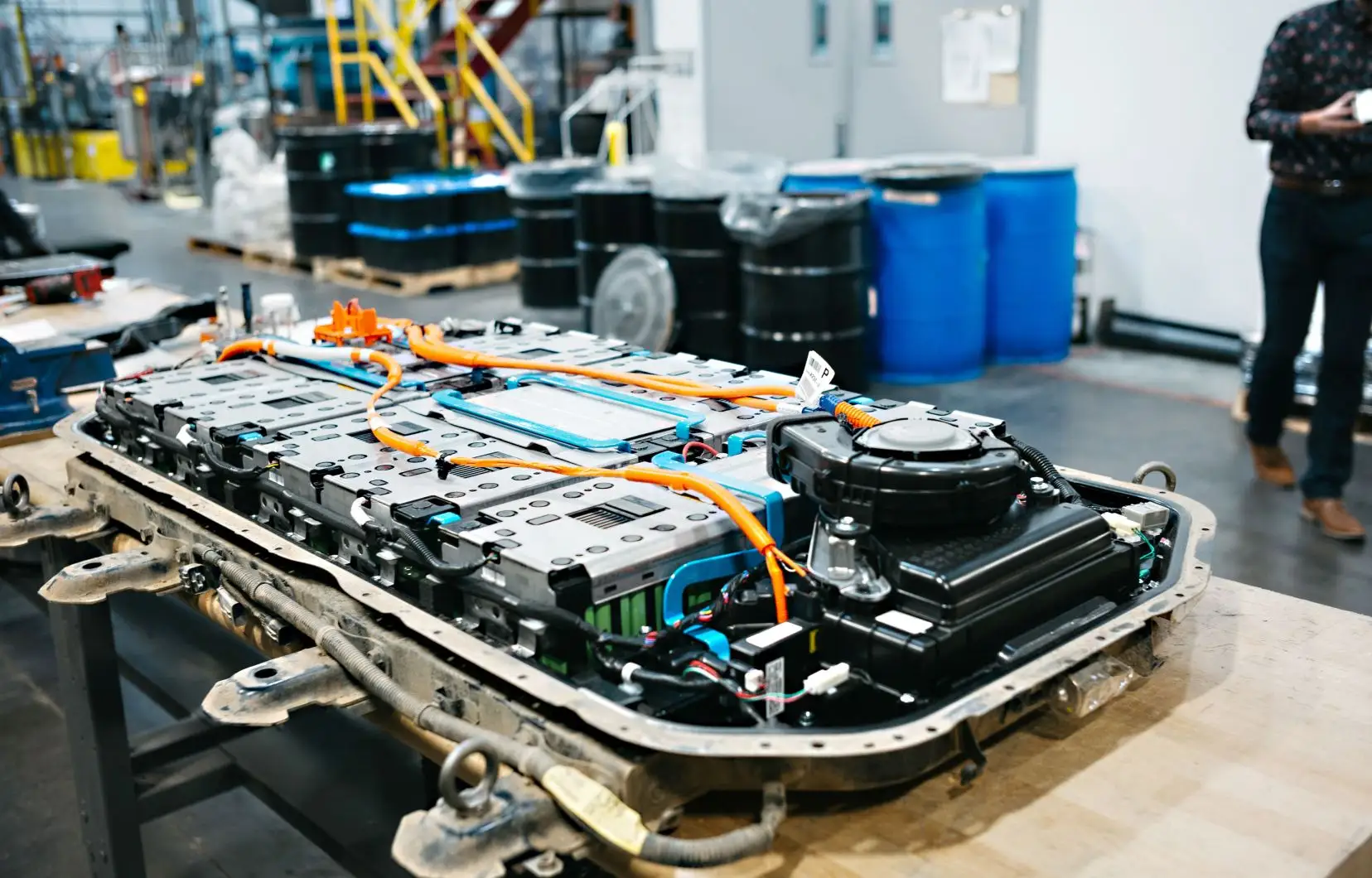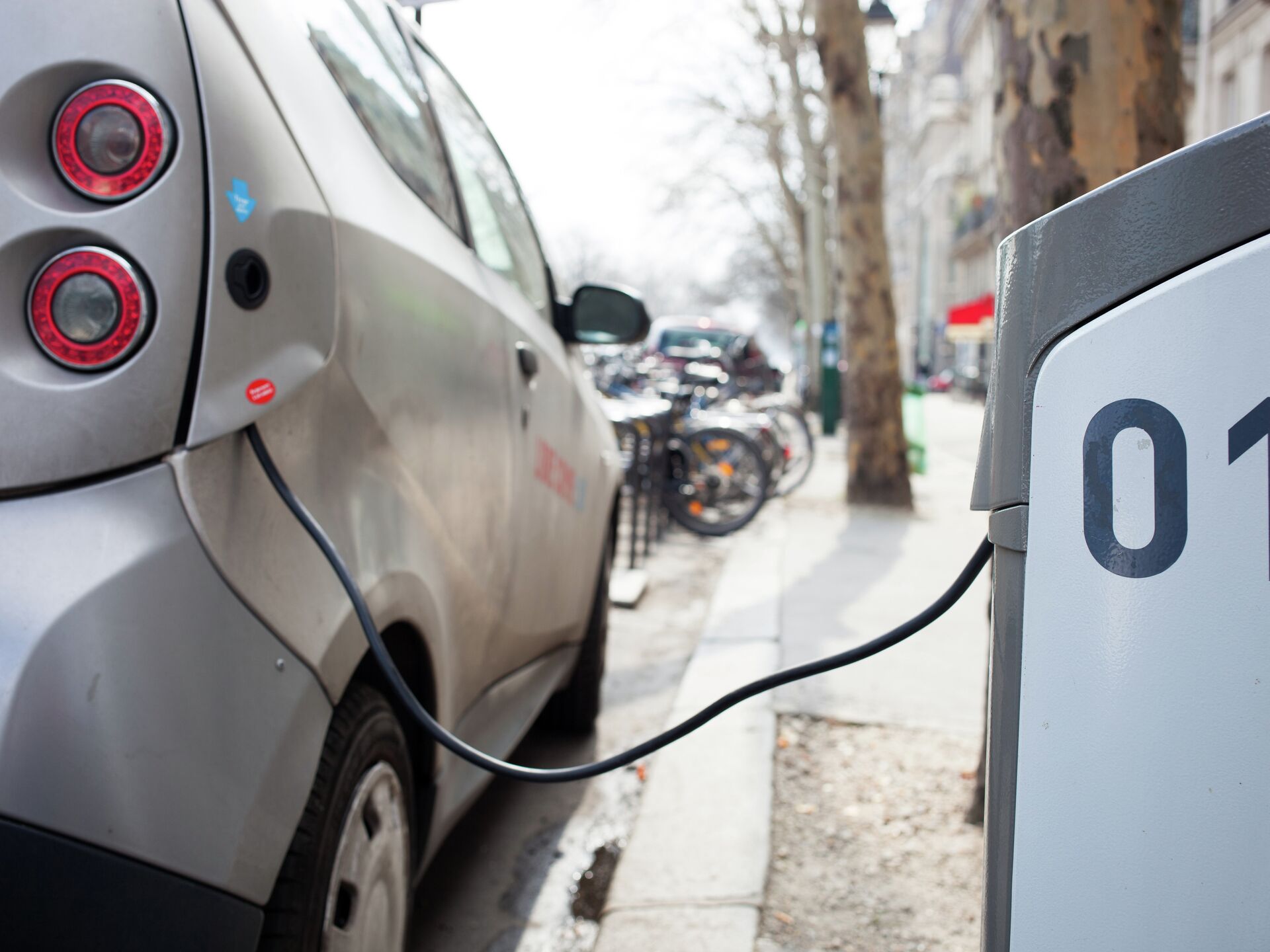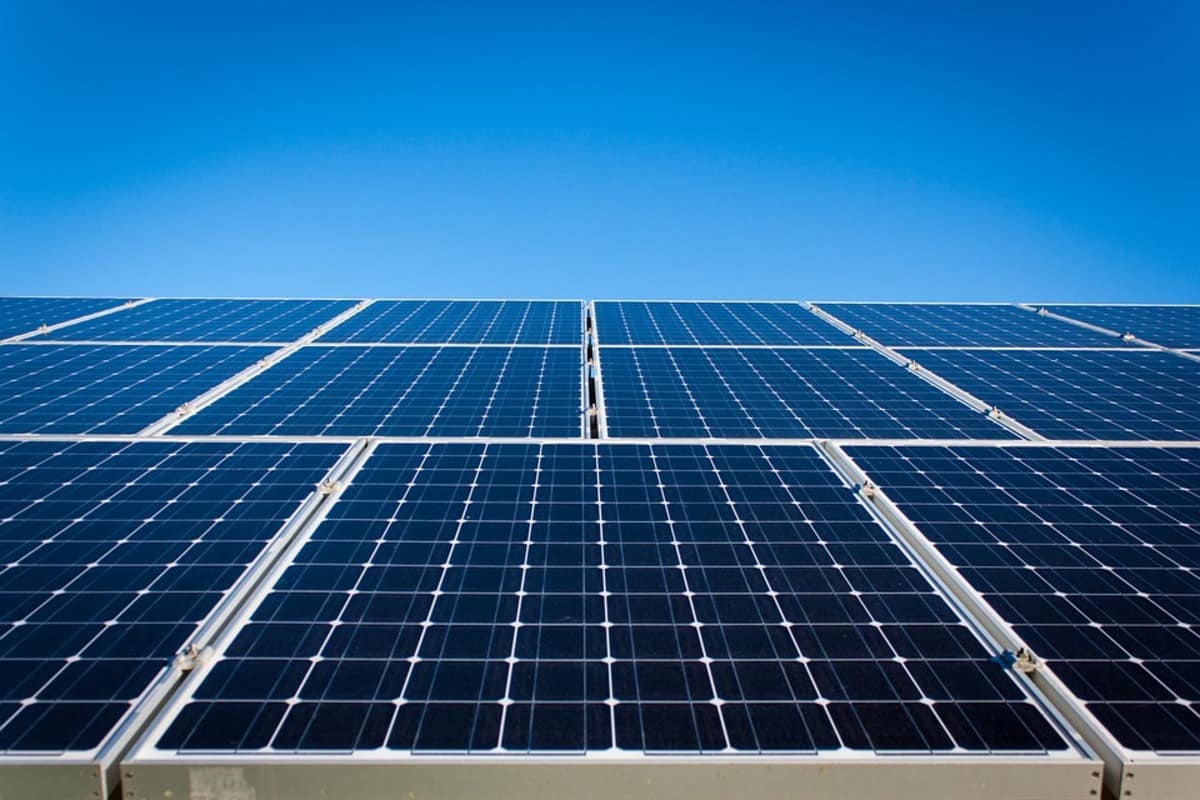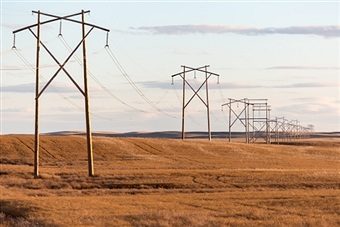Building a more virtuous African electric vehicle battery industry.
To support its development in Lithium-Ion batteries for vehicles, Vitium Energies has entrusted Edeis with its project to rehabilitate an old industrial hall into a new Research & Development center.

PROJECT DESCRIPTION
The Africa GreenPower Hub project is led by Vitium Energies, a company specializing in the production of green and renewable energy. This project, located in West Africa, is a strategic response to the continent's energy challenges, combining innovation, sustainability, and local impact.
The main objective of the project is to build an integrated production and research complex that will provide energy solutions tailored to African realities while contributing to the global energy transition. Africa GreenPower Hub is part of a sustainable development vision, with a focus on rural electrification, local manufacturing of long-lasting batteries, and the exploitation of the continent's abundant renewable resources (biomass, solar).
MAIN OBJECTIVES
1. Strengthen energy access in Africa through decentralized and sustainable solutions adapted to rural areas.
2. Create a local energy value chain by producing batteries and developing energy technologies on the continent.
3. Reduce the carbon footprint of African industry by replacing fossil fuels with renewable solutions.
COMPONENTS OF THE GREENPOWER HUB SITE
The complex, located in a strategic area near major logistics corridors (port and land), will include:
1. Research and Innovation Zone (R&D)
- 3,000 m² of state-of-the-art laboratories dedicated to the design and testing of long-lasting batteries using locally available materials, such as African lithium.
- A center specialized in rural electrification technologies, with solar and bioenergy systems adapted to isolated villages.
- Climate simulation units to develop ultra-efficient solar panels capable of withstanding the continent's extreme conditions (high temperatures, dust).
2. Production Zone
- A factory for manufacturing batteries for electric vehicles and industrial applications, with an initial capacity of 50,000 units per year.
- A bioenergy unit, capable of processing up to 15,000 tons of local biomass per year, producing clean energy and valorizing agricultural waste.
- An integrated solar facility, generating electricity from high-performance photovoltaic panels to power the site and surrounding communities.
3. Pilot Rural Electrification Zone
A space will be dedicated to implementing and deploying mini-grid solar and bioenergy solutions for rural areas. These systems will include storage batteries designed to withstand local conditions, ensuring continuous access to electricity.
INFRASTRUCTURE AND TECHNICAL FACILITIES
To ensure optimal performance, the project includes modern infrastructure:
- 2 MW of on-site solar energy production, reinforced by mobile units for rural needs.
- 1 MW of bioenergy, produced from local agricultural waste (straw, nut shells, corn residues, etc.).
- Advanced air treatment and thermal control systems for laboratories and production units.
- Next-generation energy storage units for mini-grids, with a capacity of 500 MWh.
- Modular construction to allow for future rapid expansions.
PROJECT SPECIFICITIES
1. “Fast Track” Approach: Accelerated construction in 12 months to meet the continent's urgent energy needs.
2. Local Impact: Creation of 1,500 direct jobs and 5,000 indirect jobs in the region, with a strong policy for training youth and women in energy-related professions.
3. Environmental Resilience: Integration of eco-friendly technologies, including a battery recycling system at end-of-life.
4. Community Partnership: Close collaboration with local authorities and communities to ensure the proposed solutions meet real needs.
PROJECT IMPACTS
- Rural Electrification: Providing electricity to 500,000 households in the most isolated areas of West Africa by 2030.
- Carbon Emission Reduction: Estimated savings of 2 million tons of CO₂ per year by replacing diesel generators with solar and bioenergy solutions.
- African Energy Sovereignty: Development of an integrated energy value chain, reducing dependence on imports and stimulating the local economy.
SERVICES PROVIDED
Project management for works related to the Process Zone, including infrastructure for the production and distribution of renewable energies:
As part of its activities focused on producing long-lasting batteries, green energy, and carbon capture solutions, Vitium Energies required infrastructure capable of evolving with the growing needs of the African and international markets. The design and study phase was specifically oriented toward:
Projecting technological and energy needs over 5 years.
Anticipating production expansion (electric batteries, bioenergy, and solar systems).
Integrating highly adaptable equipment for new and innovative activities.


Ultra-efficient solar panels
Development and production of next-generation solar panels, designed to maximize solar energy conversion while reducing installation costs.

Batteries for Electric Vehicles
Manufacturing high-performance batteries, specially adapted for electric vehicles, with extended lifecycles to reduce their ecological footprint.

